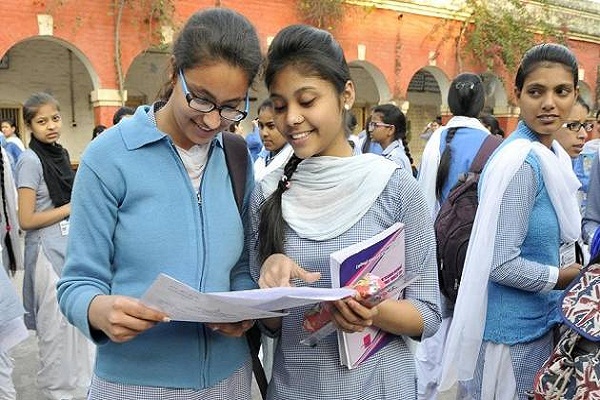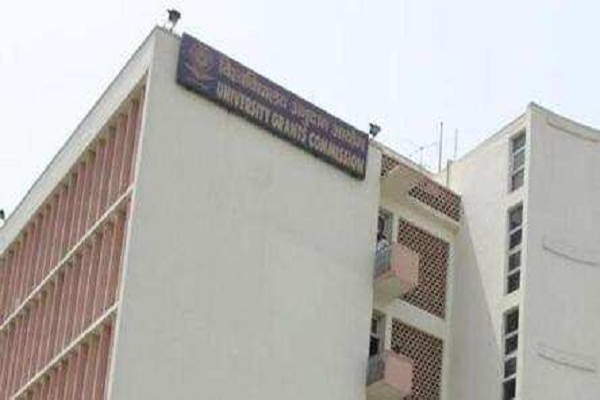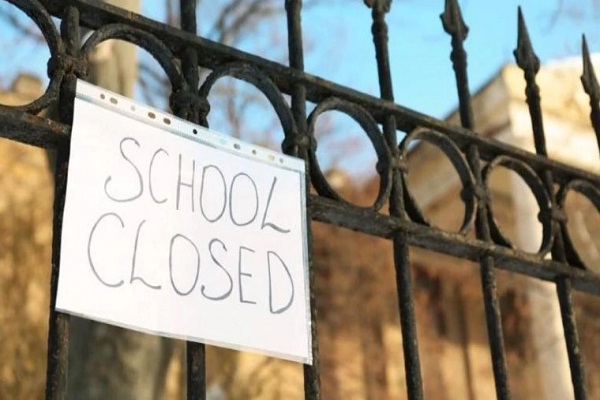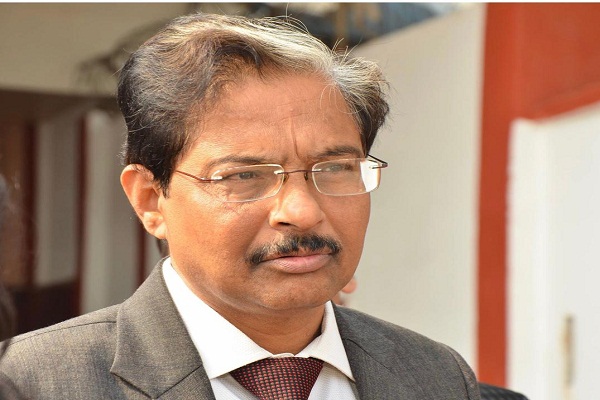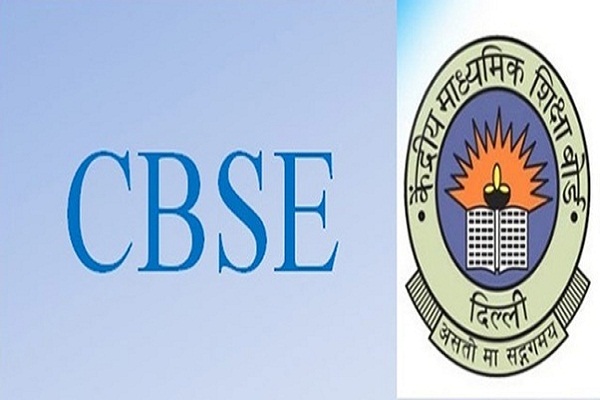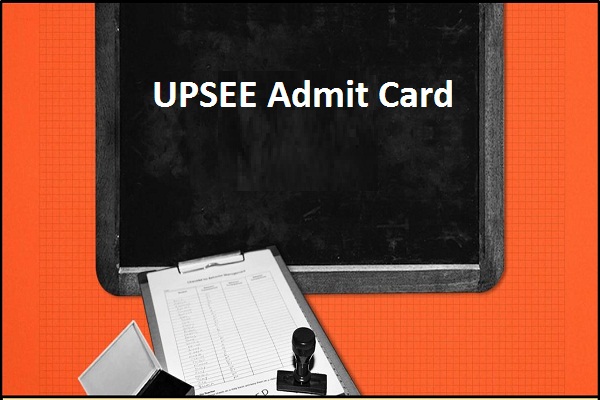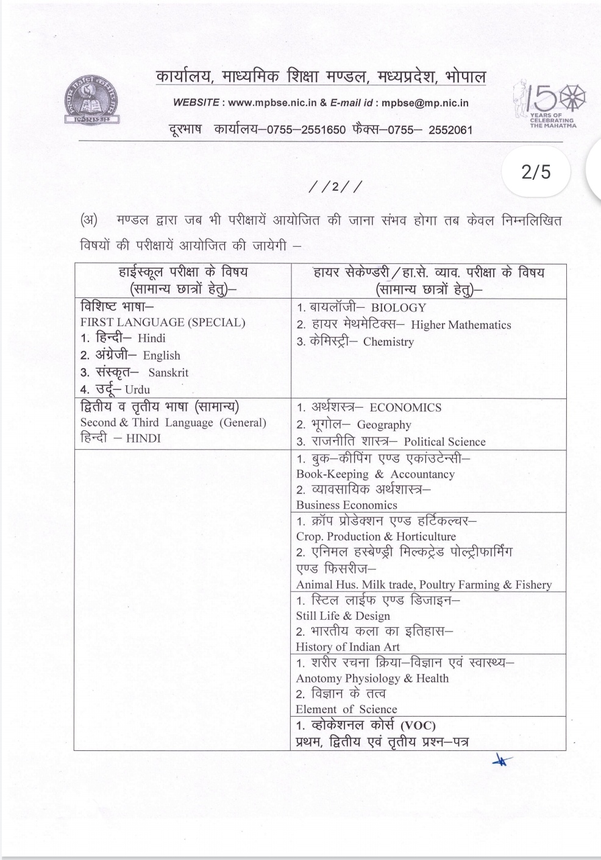Digital India vision of the Government of India seems to be an instrument in present scenario, where we all are pandemic because of COVID-19.
The education institutes are put to shutdown because of 21 days Lockdown (May further increase depending upon situation) and this is putting lot of pressure on students / youths for their education, admissions to career making courses, skilling enhancement, employment opportunities etc. The lockdown period is watching that school and educational institutions go into hibernation all around the world at the same time. Given the time on hand, it is a great opportunity for students and youth to finally get things of their perennial to-do-list, a chance of getting more efficient, productive and develop new and improve on professional skills/ knowledge by learning online as well as assessing Online.
The lockdown has accelerated adoption of digital technology. The business houses, education institutes, educationist, Analytics, computer power, data management methods, Online education solutions etc are forced to work in tandem and improve upon in quality, delivery time etc , so as to handle such situations. The outbreak has presented new roadblocks for the Indian workforce and especially for the daily wage and contractual workers. In these bleak times, it is more important than ever before, to be up-skilled and be prepared to prove yourself again; as the saying goes “ when the going gets tough, the tough gets going’
It is also a fact that the technology use for education is resulting into different concept in education system i.e. from teacher centric education to student centric education.
We have been talking about virtual classroom but in fact the engagement between teacher student is real. This is making student connection throughout life on 24X7 basis, may be keeping all physically distance i.e. social distancing to fight with COVID-19.
Pedagogy of education in the digital education is an important link between course contents, educationist, technology and course taker in a Classroom education is different from technology based education.
Democratization of technology is now an important issue in present scene which include internet connectivity, telecom infrastructure, affordability of online system, availability of laptop/desktop, software, education tool, online assessment tools etc. But it is a fact that technology-based education is more transparent and does not make difference in front vs back bencher or girls vs boys.
Looking to this challenge of Colleges/Schools shutdown, Govt of India as well as State Governments, Private players have been publishing regularly in last 7-10 days on various initiatives being taken by ministries like MHRD, Department of Technical education, NCERT etc on various initiatives/support by all stackholders for the benefit of youth/students.
The few of the initiatives are SWAYAM i.e. on line course for teachers, UG/PG MOOCs for non-technology courses, e-PG Pathshala e-content containing modules on social science, arts, fine arts, natural and mathematical science, CEC-UGC you Tube channel, Vidwan a database of experts who provide information about experts to peers, prospective collaborators, NEAT an initiative by AICTE based on PPP model to enhance the employability skill among students by collaborative approach with Education Technology Companies, National Digital Library(NDL) where repository of learning resources with single window facility is available. The more details can be seen on MHRD, AICTE, NCERT websites. Many more noteworthy initiatives have been taken like Spoken Tutorial, Free and Open Source Software for Education (FOSSEE), e-Yantra, Google Class Room etc..
It is fact that Government of India as well State Governments through their Various Ministries/Departments have involved / planned for infrastructure also, the second most important pillar of e-Education. This mainly include National Knowledge Network (NKN), National Project on Technology Enhanced Learning (NPTEL), National Mission on Education Through Information and Communication Technology (NMEICT), Akash Tablet PC, National Academic Depository (NAD) etc.
The online assessment agencies/Private business houses are also improving the product considering the limited bandwidth, and social distancing by managing remotely proctored examinations/skilling assessment.
Thus, the basic requirement like Good Education delivery platform, IT infrastructure, PC/Desk Top/Mobile for end delivery and assessment tools have been planned and more improvement is going on.
In present scenario this article id devoted to Covid Warriors.
Author: Dr Ashwini Kumar Sharma is an Engineering and Postgraduate in Computer Science with more than 35 experience in IT Industry/Education Institutes. He also worked as Director General for NIELIT, Govt of India. Presently, working as Pro Chancellor after working as VC of Vijaybhoomi University, Karjat, near Mumbai.






